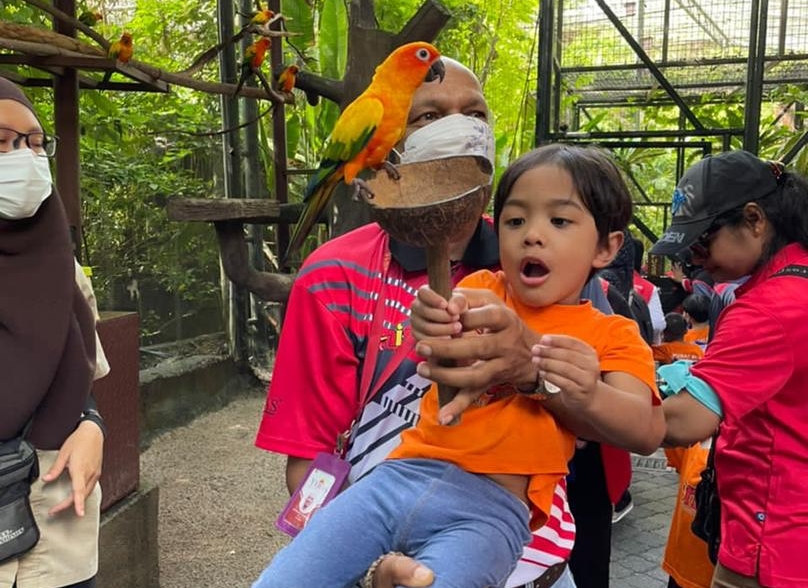KUALA LUMPUR, Nov 10 — Continuous effort is needed to ensure children with special education needs (SEN) are educated to their fullest potential, said Senator Datuk Ras Adiba Radzi.
And this effort, she said must come in the form of special education, which can be defined as educational programmes and practices designed for students with learning disabilities and special educational needs.
She said each child, especially those with SEN, has the right to receive the same level of education as their peers and receive the same academic opportunities as them.
“Children with special needs should be dealt with, in accordance with their requirements, so that despite their disabilities, they are able to clearly develop their cognitive abilities.
“Developing a broader education system and with educators who have specialised training is an urgent requirement,” Ras Adiba said in her keynote address titled ‘A Call for Concerted Effort for Innovators in Supporting SEN in Malaysia’ at the SEN Symposium 2022 held in hybrid mode today.
The OKU Sentral president said children with SEN must not be equated to slow learners or individuals as they are often as smart as their peers, and the only difference is that they need to learn in a different way.
In fact, she said it is important for childcare providers and families to carefully lookout for any developmental delays in a child so that they can get the right support as early as possible in life.
“Teachers and parents alike should recognise that each child has unique interests, abilities, intelligence and learning preferences,” Ras Adiba said.
She also gave several suggestions to address the matter, including by optimising the production of accessible children’s books, thereby reducing costs and making it easier to produce high-quality reading material for all children.
“I would like to encourage all publishers to leverage these tools and advises those buying books for education programs to consider books that meet the needs of all children,” Ras Adiba said.
She suggested a creation of a science, technology, engineering and mathematics (STEM) academy for those with learning difficulties to focus on hard and soft skills.
“Despite high unemployment and underemployment for autistic adults, for example, more than a third of students with an autism spectrum disorder end up picking STEM majors, which often require a mix of hard and soft skills,” Ras Adiba said.
There should also be more innovative solutions and teaching and learning materials for children who are blind or low vision, or deaf or hard of hearing which can help education implementers can make informed decisions about how to support the literacy and learning needs of children with disabilities.
She suggested using robots to help children with learning difficulties, disabilities, and autism as many children with autism spectrum conditions (ASC) struggle with the social aspect of traditional teaching.
Ras Adiba said schools must have a clear vision of what inclusivity looks like and must create environments “where children feel respected across the board, where teachers take responsibility for all children valuing other another and where the school itself goes beyond just schooling to developing a community of people who understand the importance of supporting each other”.
— Bernama





